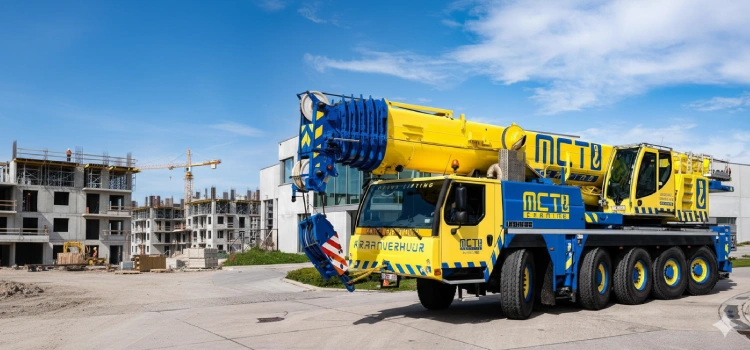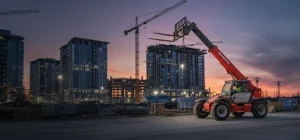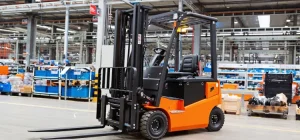Cranes are essential for heavy lifting in construction, logistics, and industrial projects. From moving steel beams on a construction site to handling oversized materials in shipping yards, they play a critical role in completing jobs safely and efficiently. However, many businesses face the same question: should they buy a crane or rent one? At first glance, purchasing might look like a long-term investment, but in reality, renting often provides far more flexibility, financial freedom, and practicality.
Purchasing a crane comes with a significant upfront cost that can stretch into hundreds of thousands of dollars, depending on the type and capacity. Beyond the initial purchase, ownership also means dealing with licensing, operator training, insurance, regular servicing, and long-term storage solutions. If the crane isn’t used consistently, these expenses can quickly outweigh the benefits. Additionally, technology in heavy machinery evolves rapidly, and an owned crane may become outdated or less efficient compared to newer models in just a few years. For companies that take on a wide variety of projects, this creates an added challenge since a single crane type may not be suitable for every job.
Crane rental, on the other hand, provides businesses with unmatched flexibility. Instead of being locked into one machine, companies can rent the exact type and capacity needed for each specific project — whether it’s a mobile crane for small construction tasks or a high-capacity tower crane for large-scale operations. This ensures businesses always have the right equipment for the job at hand. Rental agreements also eliminate the burden of maintenance and repairs since rental companies are responsible for keeping their machines in peak condition. This not only saves money but also ensures safe, reliable, and up-to-date equipment is always available.
Another advantage of renting is the ability to manage costs more effectively. By renting only when needed, businesses can allocate capital toward their core operations, staffing, and project growth instead of tying up funds in equipment ownership. Rental also gives access to modern machinery with the latest safety features, helping improve efficiency on-site while reducing the risks associated with breakdowns or outdated technology. For companies handling projects across multiple locations, renting also simplifies logistics, as cranes can be delivered directly to the site, saving time and transportation headaches.
For most businesses — especially contractors, logistics providers, and construction firms that work on diverse projects — crane rental proves to be the smarter choice. It reduces financial risks, allows access to a wider variety of equipment, and ensures projects are completed on schedule with the right machine in place. Instead of worrying about depreciation or long-term storage, businesses can focus on what they do best while relying on professional rental companies to provide well-maintained, reliable equipment.
In the end, the decision comes down to long-term practicality. Unless your business requires the constant use of a single crane type, renting provides greater efficiency, cost savings, and peace of mind. With rental options readily available across the UAE, companies can always find the right crane for their unique needs — without the heavy financial burden of ownership.





